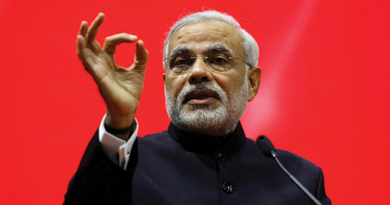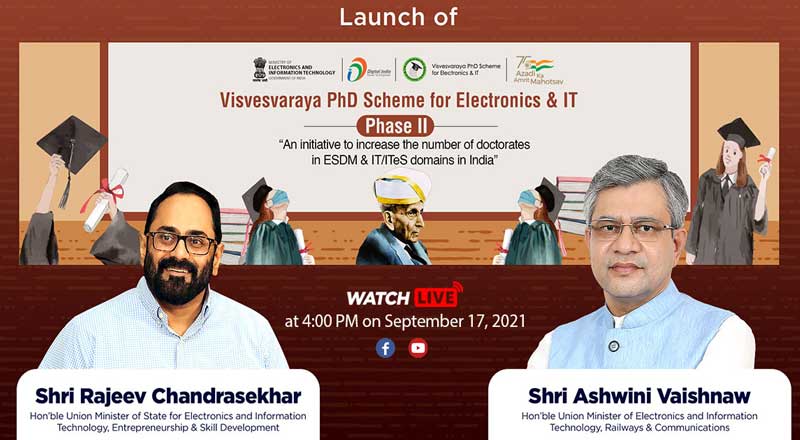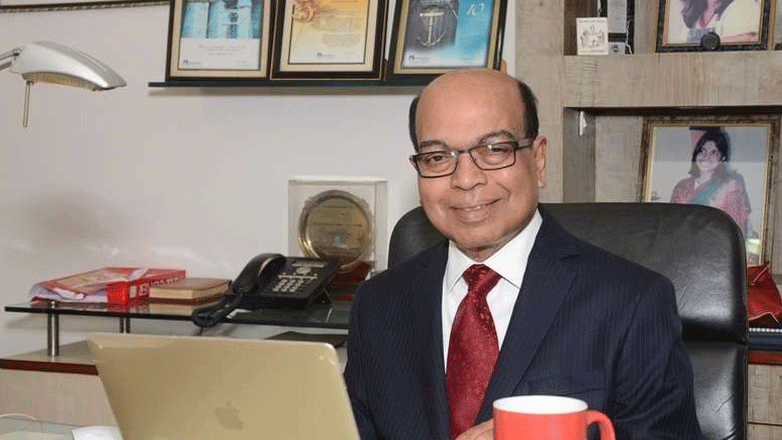The time when the country was standing in a queue and different political party representatives were attacking PM MODI for his unprepared but fast implemented decision, there were lots of people who were still supporting and praising the decision with their different guesses –
Demonetization when implemented almost brought the Indian economy to a standstill. The overnight note ban decision didn’t give a chance to anybody to think about the reason behind this. After the announcement by the PM, every citizen has just one thought – how to survive without any cash in hand, as because every shop, store or retailer had stopped taking the old currency notes right after midnight.
But even after lots of criticism and allegations, our finance minister Arun Jaitly kept telling the benefits of bringing in demonetization in the economy on such a short notice.
Sure enough, after months of having announced the note ban, positive effects on the Indian economy could be slowly felt.
One of the most important factors behind the decision as Finance Minister ARUN JAITLY still says is that “The objective of note ban was to bring down cash in the economy, support digitisation, expand tax base, and fight black money”. He also said that people with inadequate understanding of how to tackle black money linked note ban with money returned to the system. Deposits in banks don’t legitimise black money but now money has now been identified to its owner.
The Finance minister also quoted that post demonetisation, cash squeeze in Chhattisgarh and Jammu and Kashmir resulted in dip in terrorist and separatist activities in the states. He also added that the not ban was not an exercise to confiscate money; but the next step will be to cleanse political funding.
The Prime Minister Narendra Modi while supporting and justifying the demonetisation in a conference said “in the national interest, we are not afraid of taking big decisions because for us, the country is above politics. Whether it is surgical strikes, demonetisation or GST, all decisions are taken without any fear or hesitation.”
And a lot of positive impact can also be noted down like mentioned below:
• The number of tax payers has also increased due to demonetisation. Also senior officials and administrators say that “demonetisation has sent a message that those who evade tax are engaging in a form of financial terrorism and that the law is going to come after them.”
• According to a survey in November 2015, India’s major local bodies collected Rs. 1000 crore tax while after one year in November 2016 locale urban bodies collected Rs. 3,500 crore taxes, which is an increase of 245% which is huge.
• Another positive effect of the demonetisation is that approximately 91 lakh new assesses joined the tax base in the financial year 2016-17. Also before the demonetisation roughly 1 lakh pan cards were issued everyday but now the number of new pan cards issued everyday is an average between 2-3 lakh, as the pan cards are now mandatory to open a bank account.
• One of the biggest move of the demonetisation is that the public has changed their financial behaviour from cash to card as they started digital transactions which has increased transparency in the economy. And to support the digital transaction, a number of several payment applications were launched that time. This initiative was also supportive for digital India because with this people are becoming digitally literate.
• The usage of these digital wallets such as paytm, BHIM, SBI BUDDY, freecharge, MOBIWIKetc are witnessing transactions of more than 200 crore per day. The BHIM application and UPI payment gateways are already averaging a daily transactional value of R. 140 crore per day.
• Demonetisation has also helped to bring a significant amount of additional money into the formal banking system, which is apparent from the increased number of bank deposits.
On demonetisation lots of political personalities are still speaking on the profits of demonetisation and how it is helping the nation to achieve its goals. In an interview, former economics affairs secretary Shaktikanta Das who played a key role during the demonetisation drive says that he does not agree with the criticism that implementation of demonetisation had serious shortcomings.
He says it’s very difficult to estimate the impact of demonetisation without a deep study. According to him the decision was taken mainly to deal a strong blow to the menace of the black money.
Though the luxury of advance preparation was not available to the banks, but the credit of the banks rose on the occasion and remonetisation went on smoothly. He also said that he would not agree that implementation had any shortfall.
While commenting on the impact of demonetising in India’s growth he says “The quarter when demonetisation happened, the growth was 7%. The first quarter of this year was impacted by GST related de-stocking therefore it is very difficult to determine how much of it is due to demonetisation and how much of the current dip in GDP is due to GST.”





